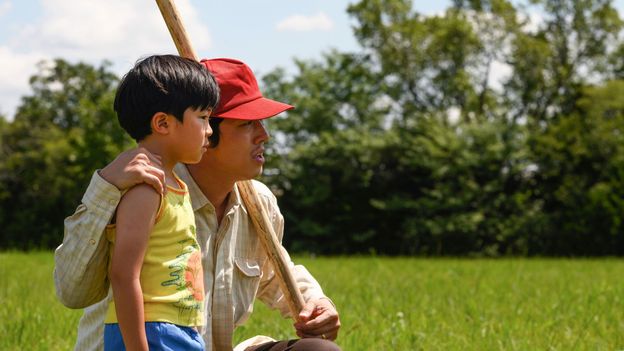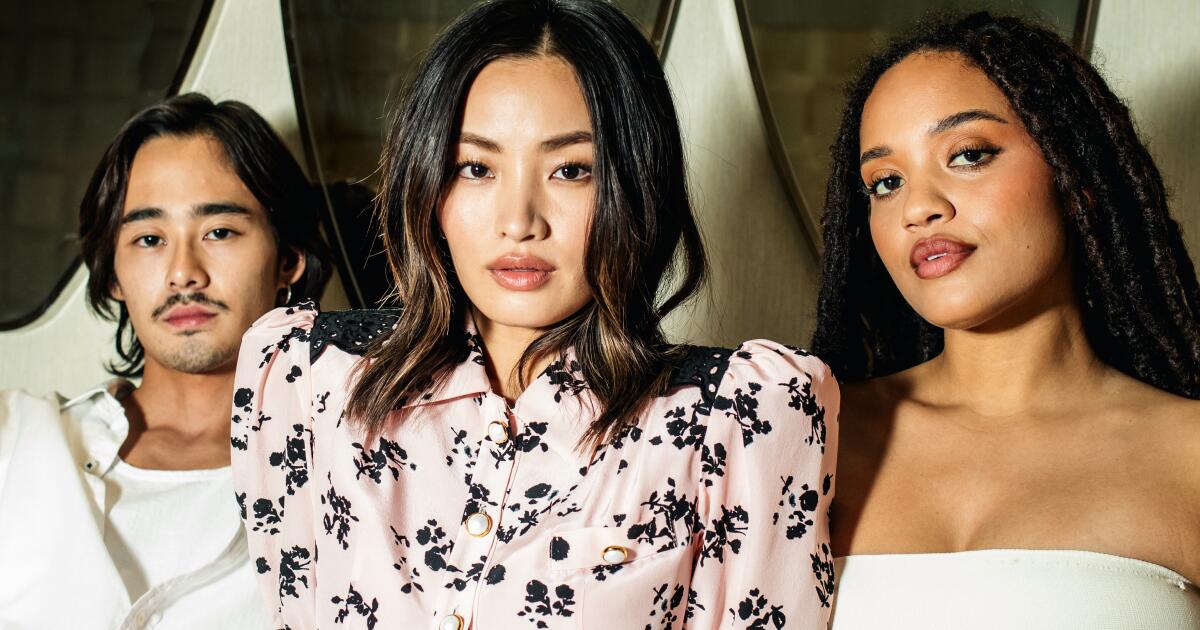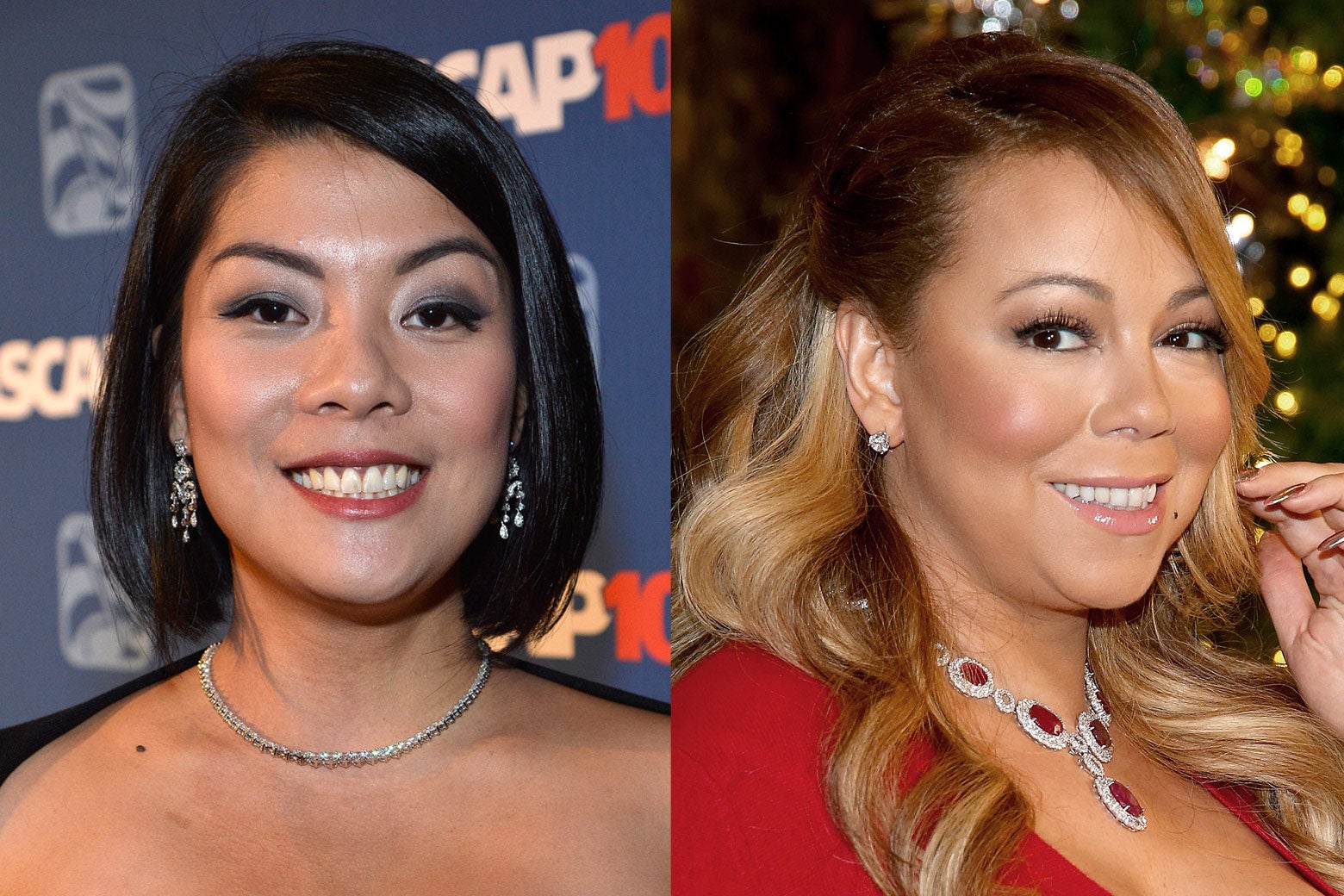
‘I’m Japanese’: Gwen Stefani defends ‘Harajuku Girls’ era after cultural appropriation accusations
The IndependentSign up to Roisin O’Connor’s free weekly newsletter Now Hear This for the inside track on all things music Get our Now Hear This email for free Get our Now Hear This email for free SIGN UP I would like to be emailed about offers, events and updates from The Independent. “I said, ‘My God, I’m Japanese and I didn’t know it.’” Stefani and her dancers, known as the ‘Harajuku Girls’, on stage in 2004 Calaor describes how the words “seemed to hang in the air between us”, with Stefani apparently insisting: “I am, you know.” Enjoy unlimited access to 100 million ad-free songs and podcasts with Amazon Music Sign up now for a 4 month free trial Sign up Enjoy unlimited access to 100 million ad-free songs and podcasts with Amazon Music Sign up now for a 4 month free trial Sign up The 53-year-old singer said that there was an “innocence” to her relationship with Japanese culture, adding: “If going to criticise me for being a fan of something beautiful and sharing that, then I just think that doesn’t feel right. should be okay to be inspired by other cultures because if we’re not allowed then that’s dividing people, right?” During the interview, Stefani reportedly said twice that she was Japanese, while also saying she was “a little bit of an Orange County girl, a little bit of a Japanese girl, a little bit of an English girl”. She’s been getting away with this nonsense for far too long.” “Gwen Stefani telling an Asian-American interviewer that she identifies as Japanese is the kind of oblivion I’m trying to channel in this dark cruel world,” one Twitter user joked. Journalist Daniel D’Addario commented: “It’s incredible that, almost 20 years ago, Gwen Stefani did an extended race-play act that basically no one would accept today, completely got away with it as everyone forgot, and then proactively brought it up again just now.”
History of this topic
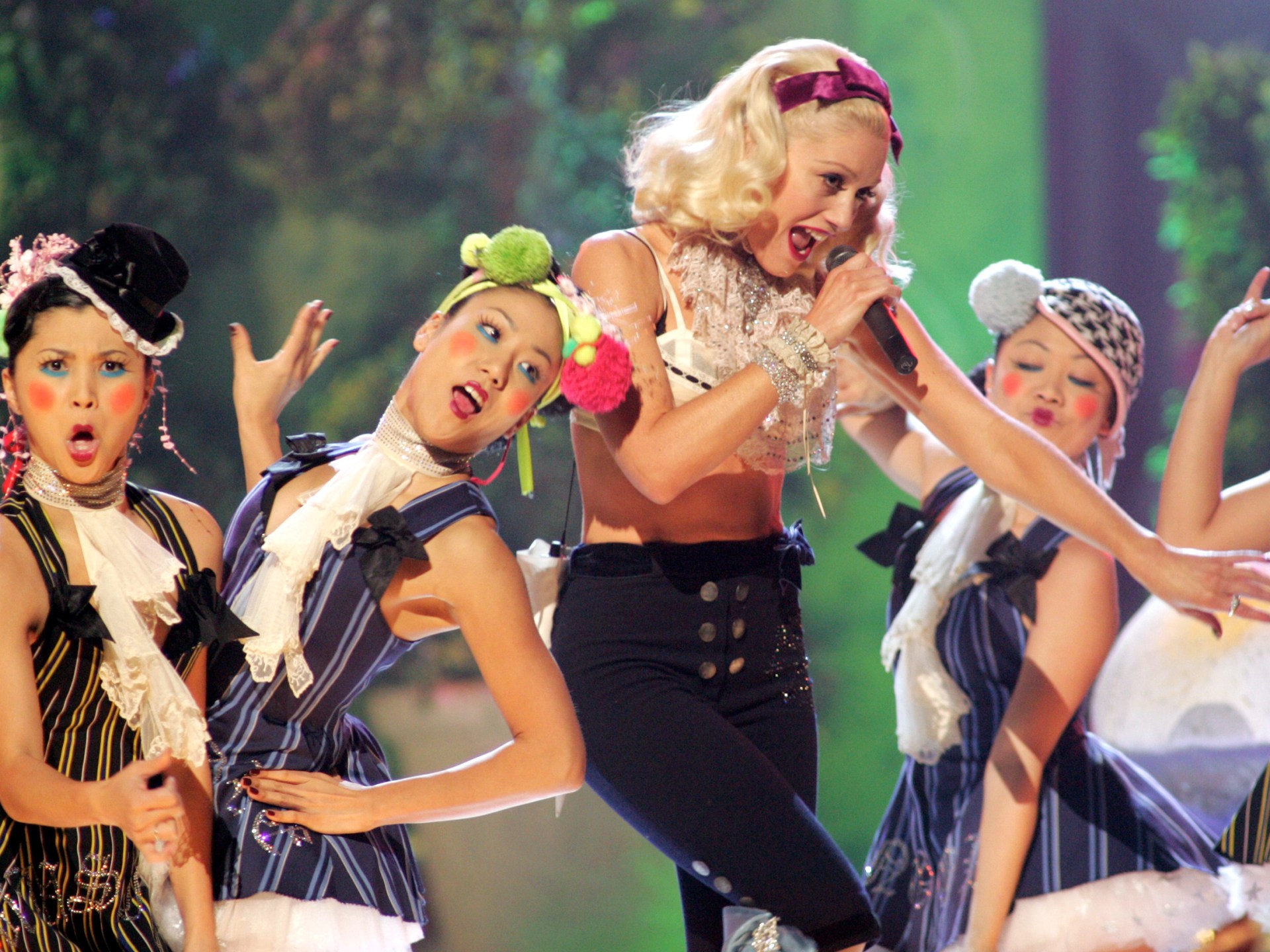
Japan shrugs as Americans fume over Gwen Stefani ‘appropriation’
Al Jazeera
Gwen Stefani Says ‘I’m Japanese’ To An Asian Reporter, Defends Her Harajuku Era
Huff Post
Gwen Stefani accused of cultural appropriation in music video for ‘Light My Fire’
The Independent
Gwen Stefani responds to ‘cultural appropriation’ backlash
The Independent
Gwen Stefani addresses accusations of cultural appropriation over Harajuku Girls: 'I thought they were my people'
The IndependentDiscover Related

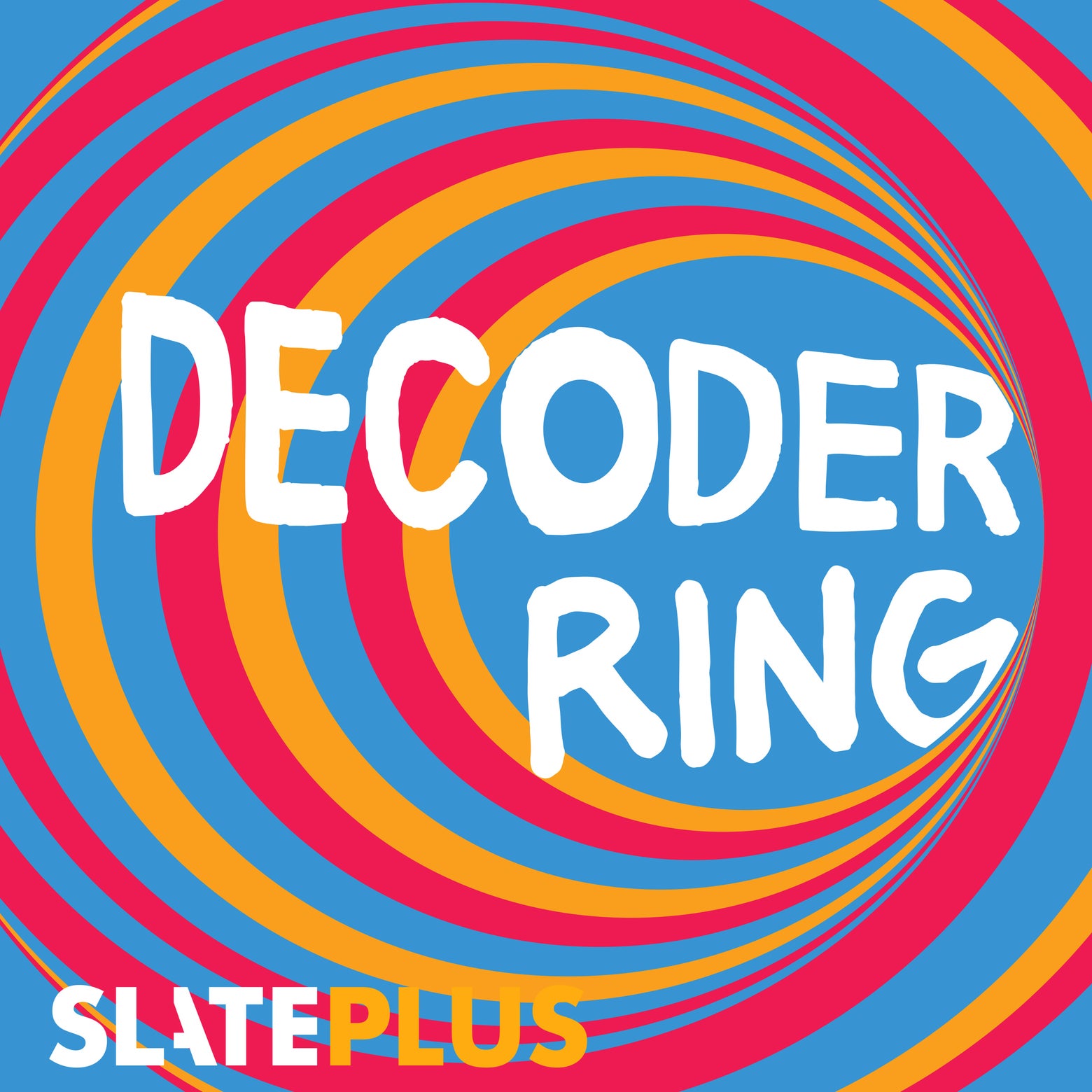
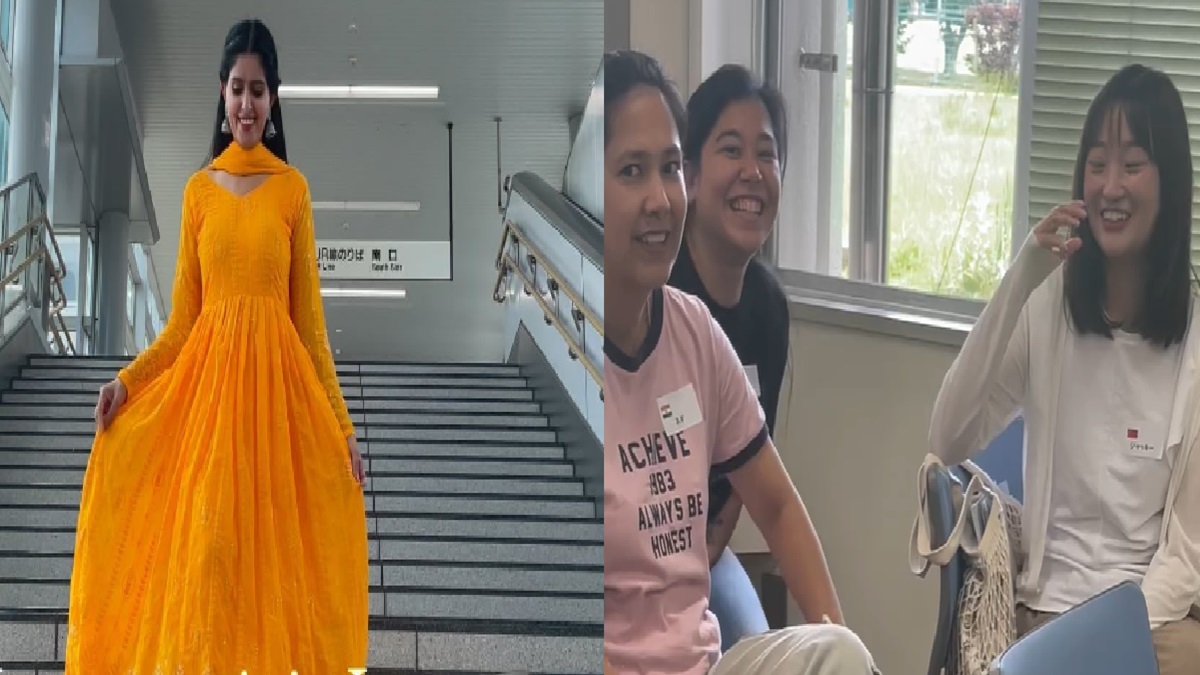





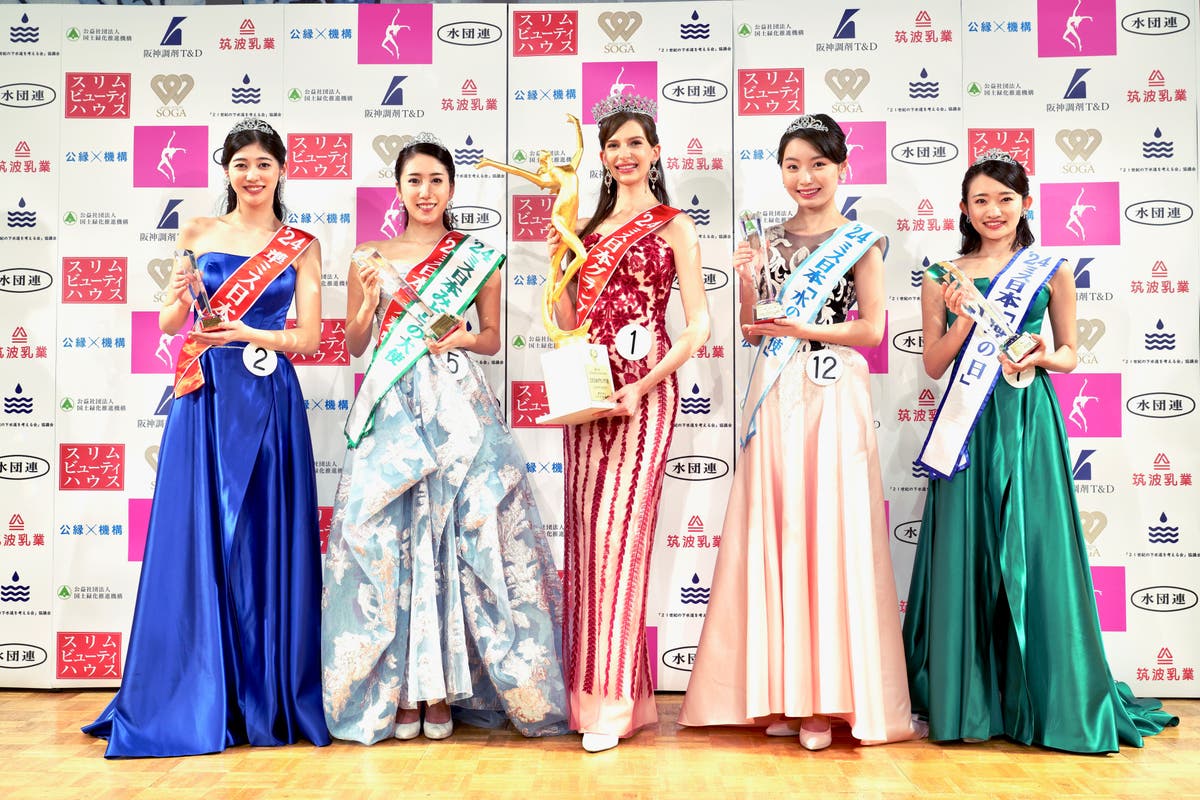

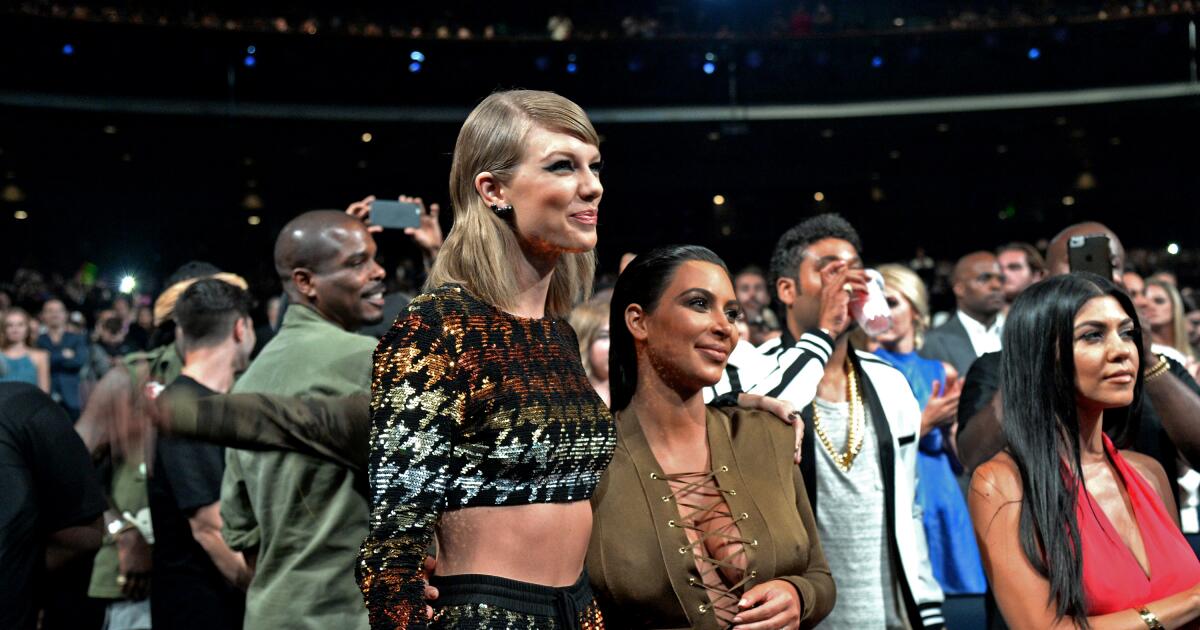










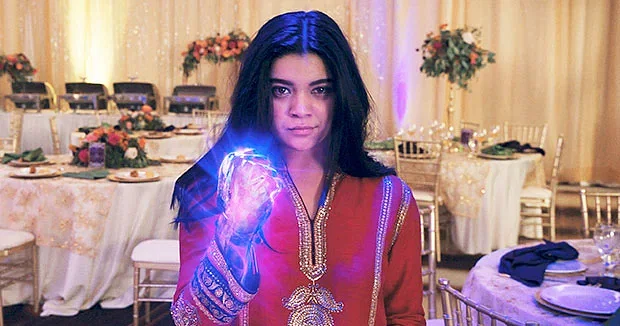

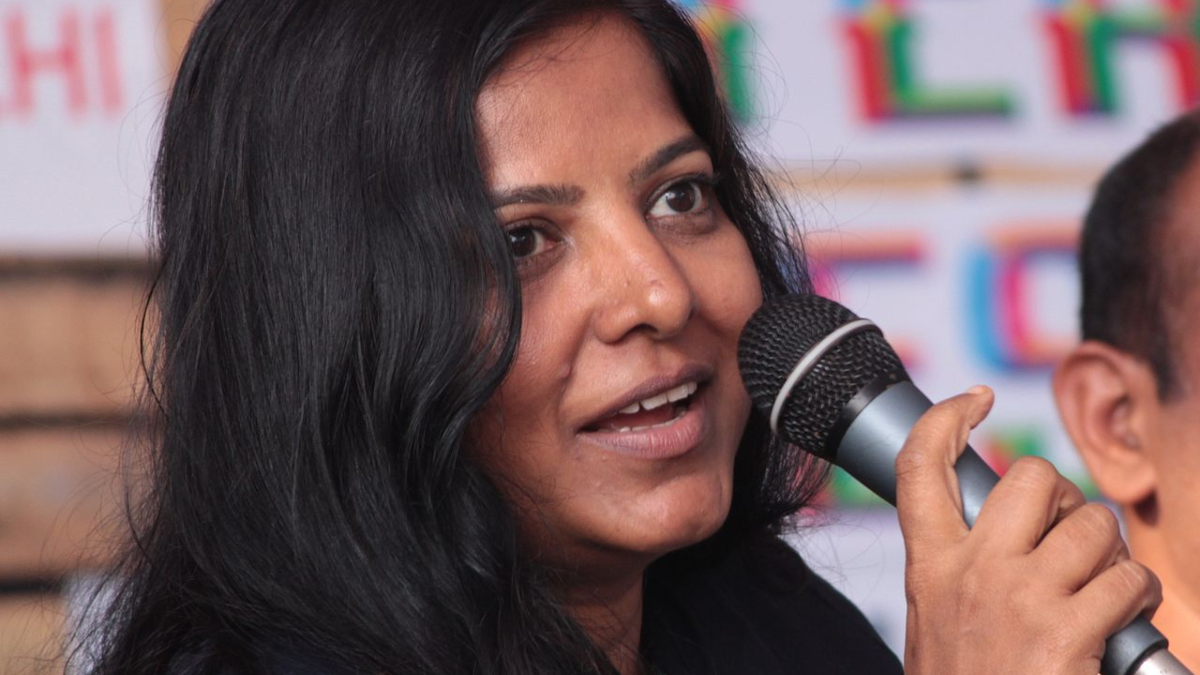



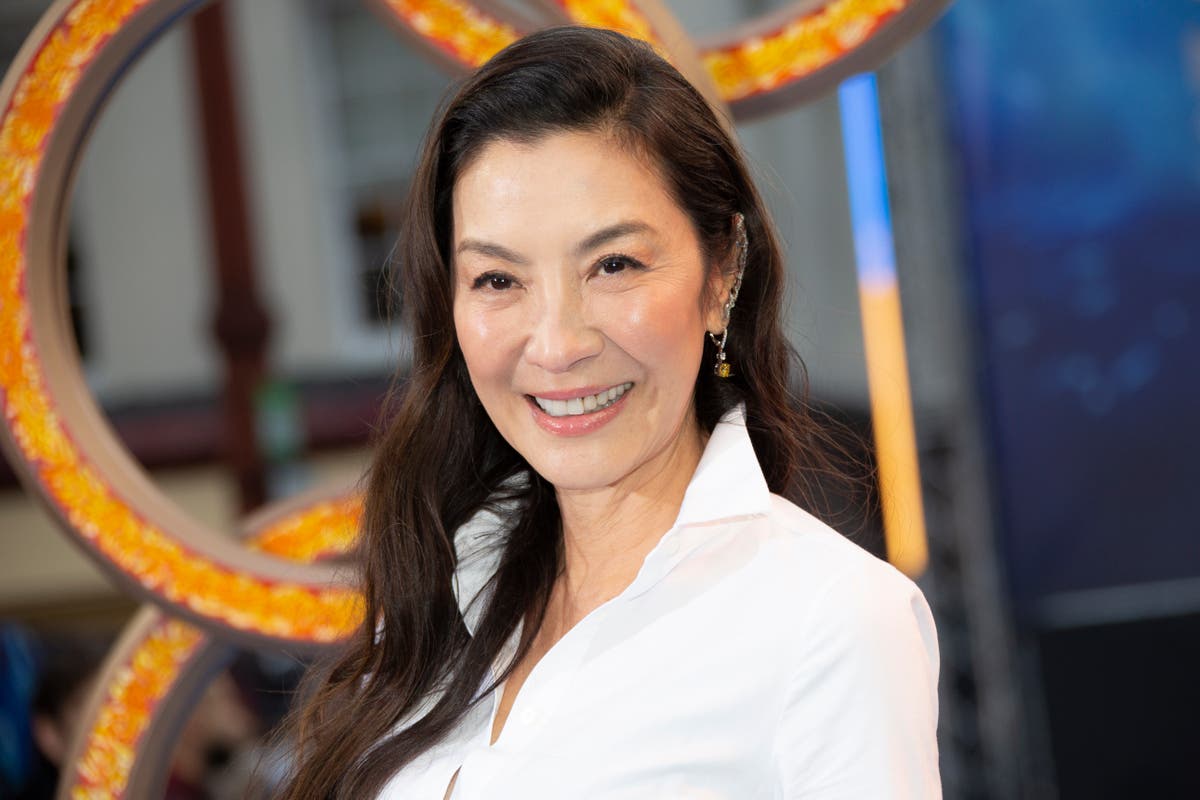


)
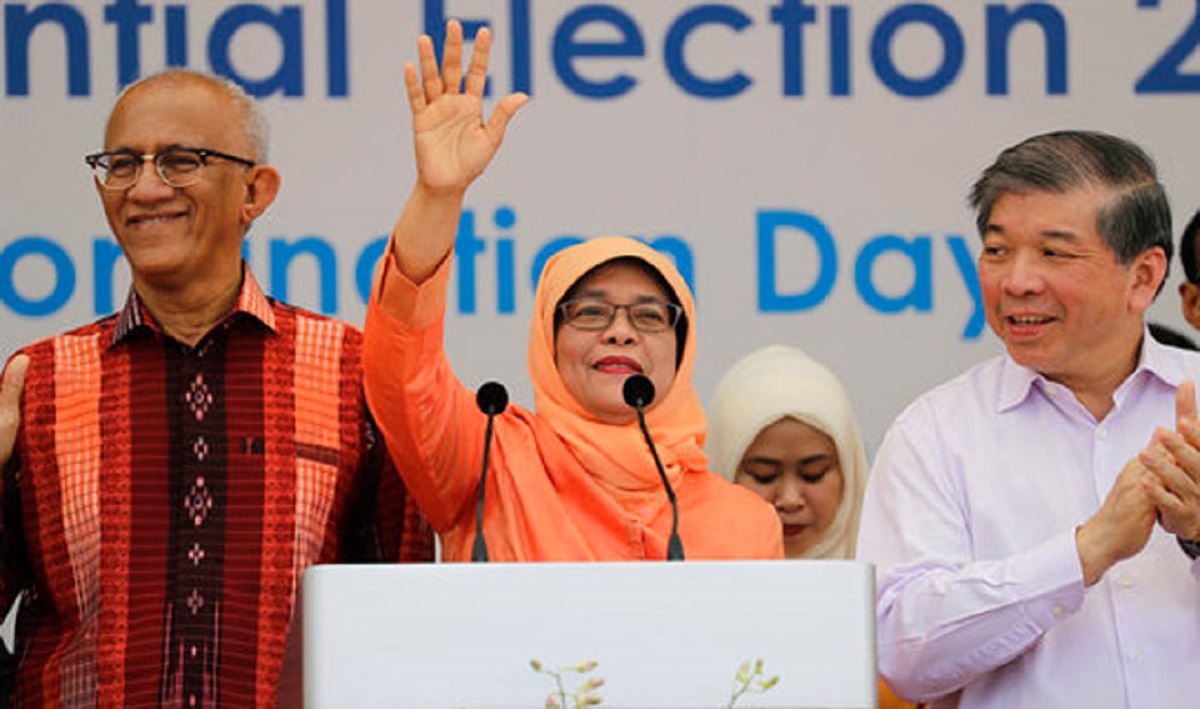
)






